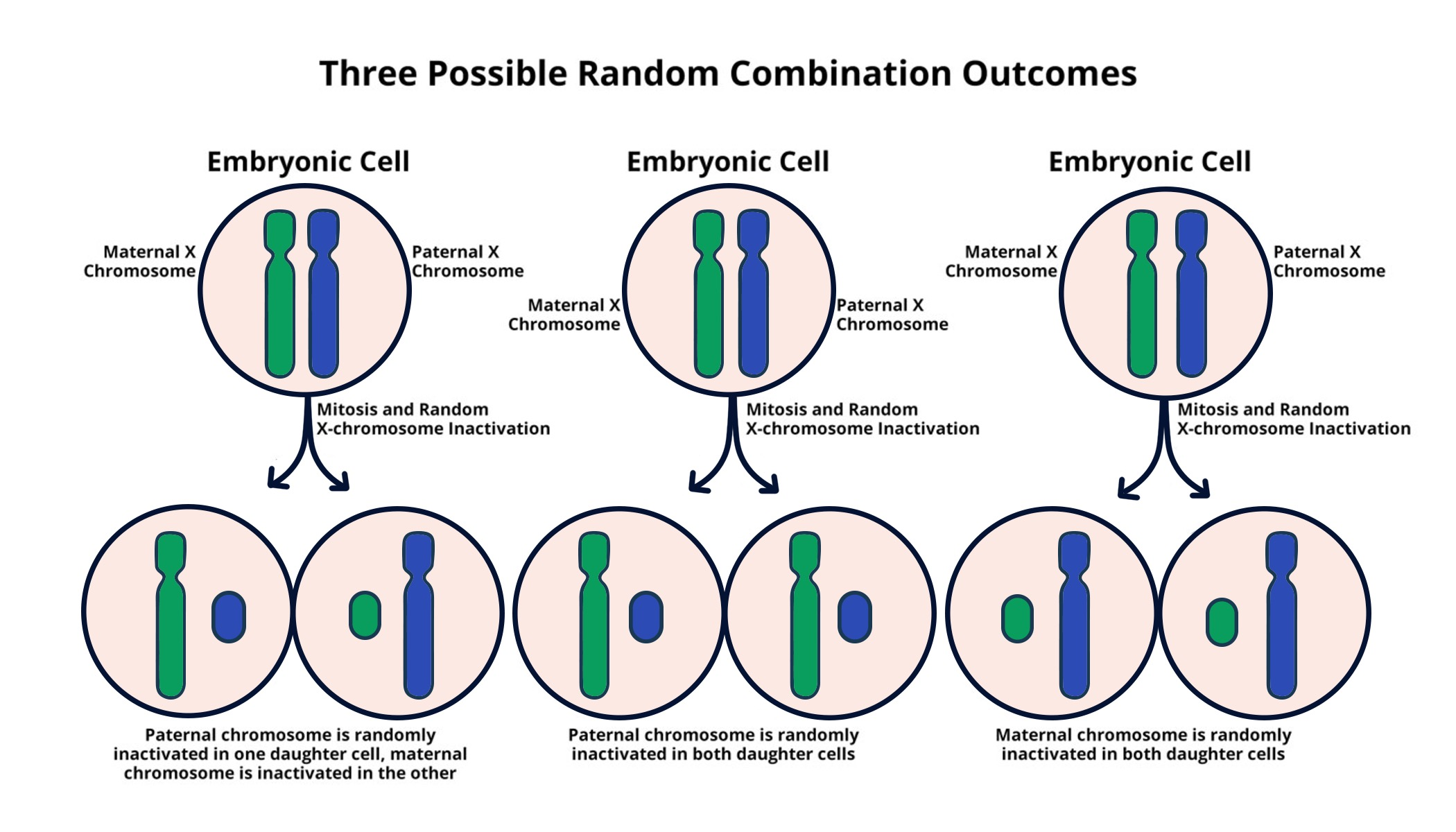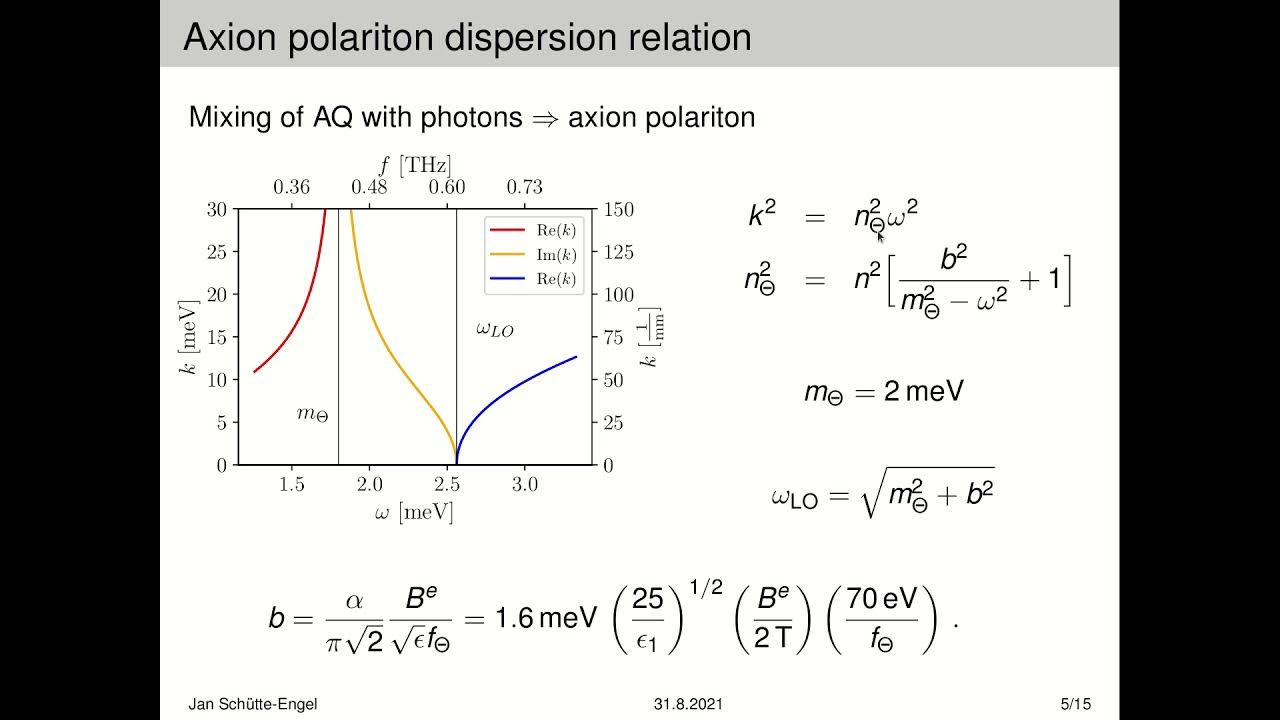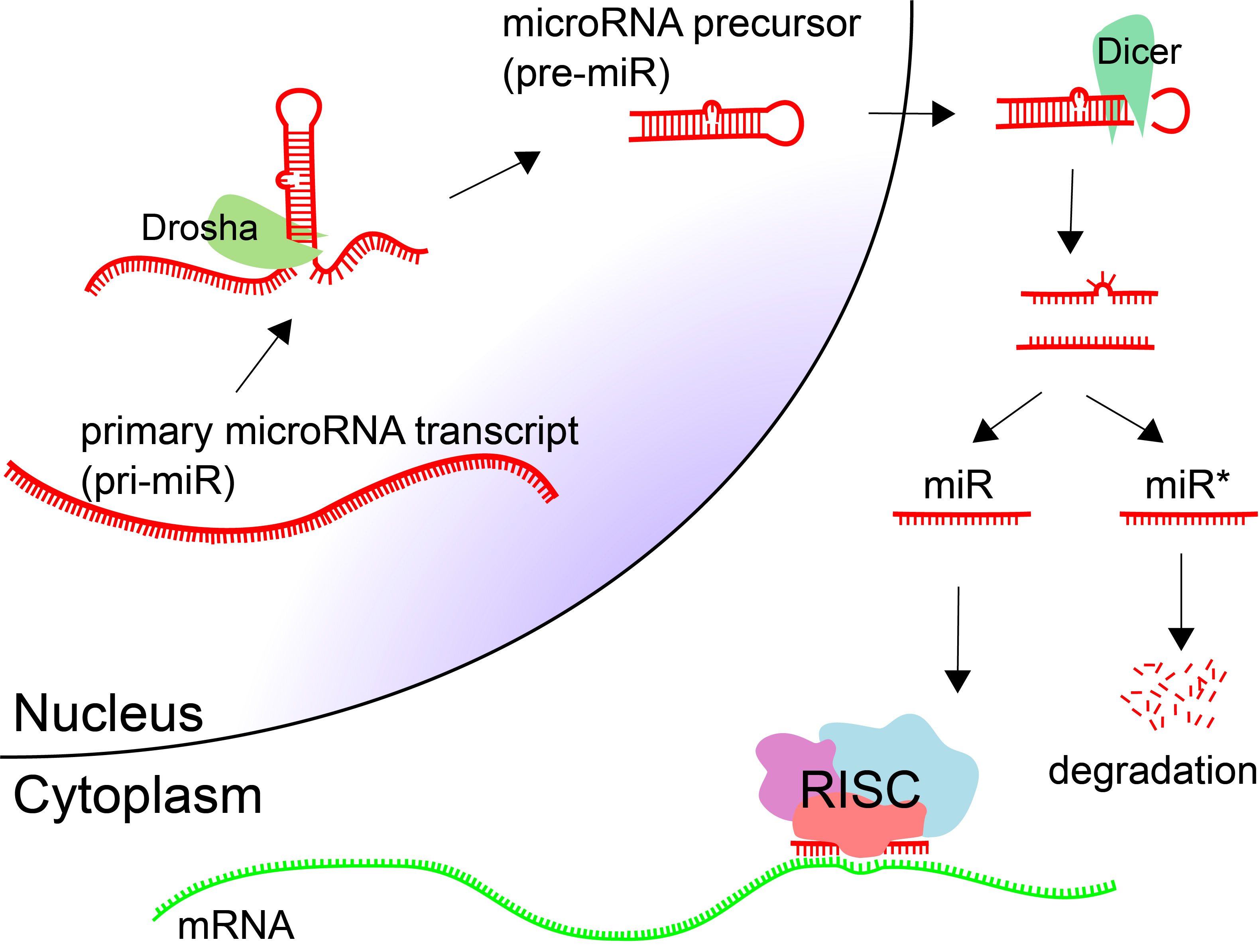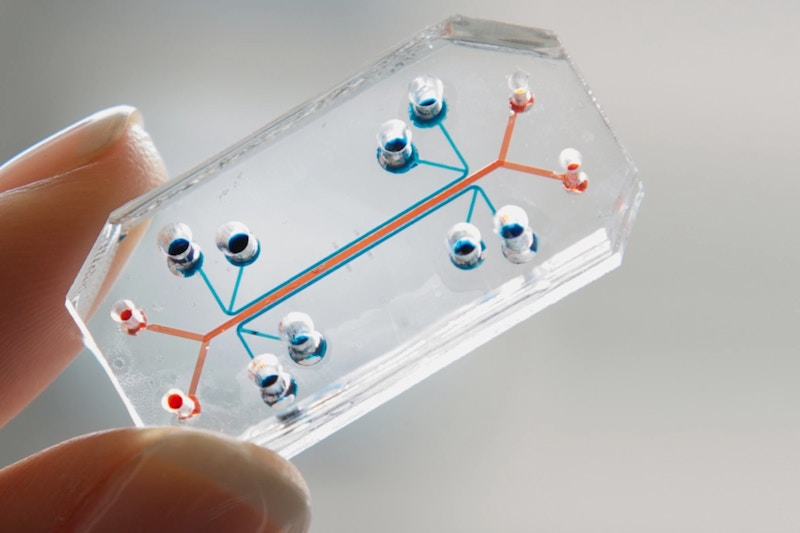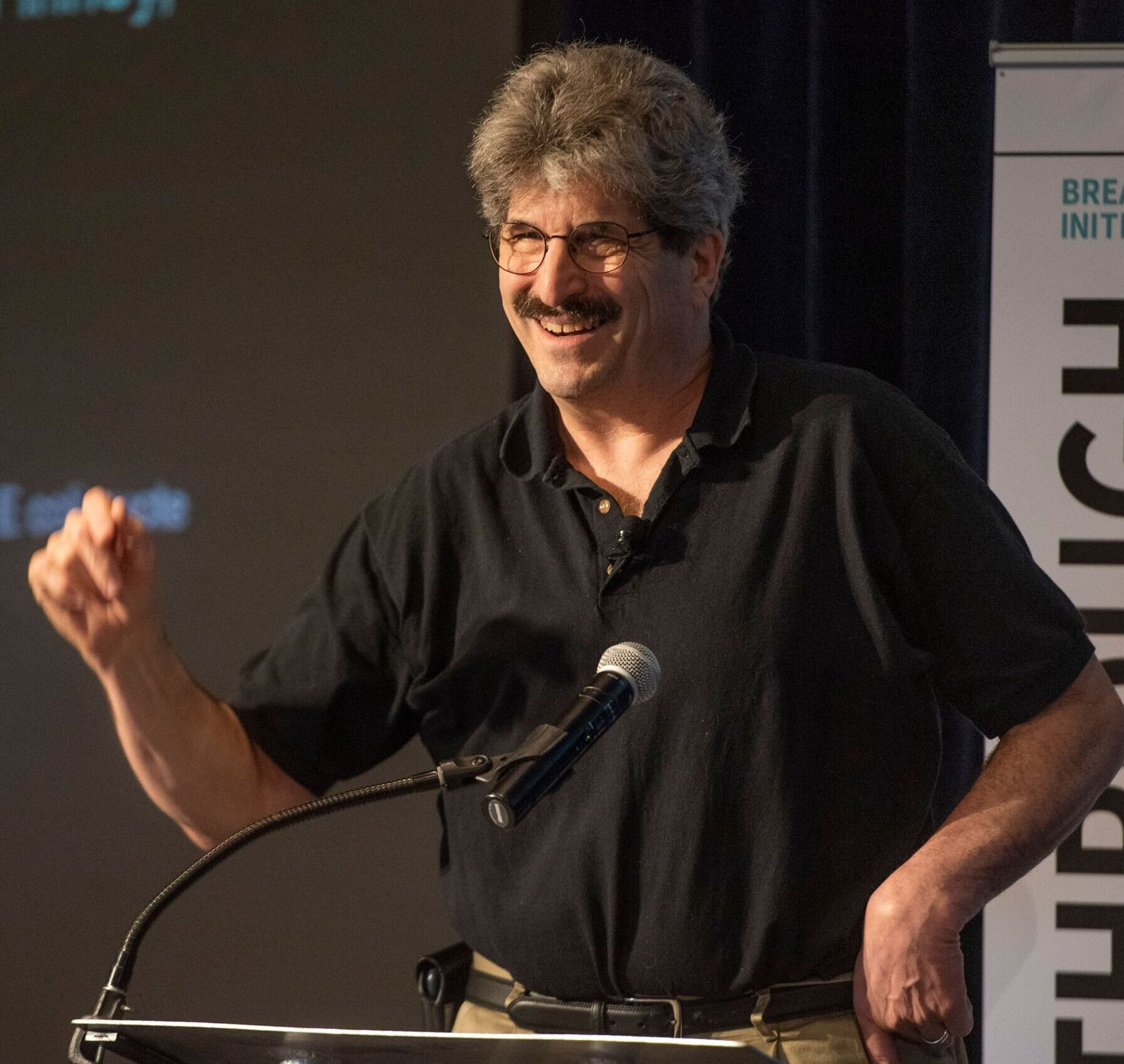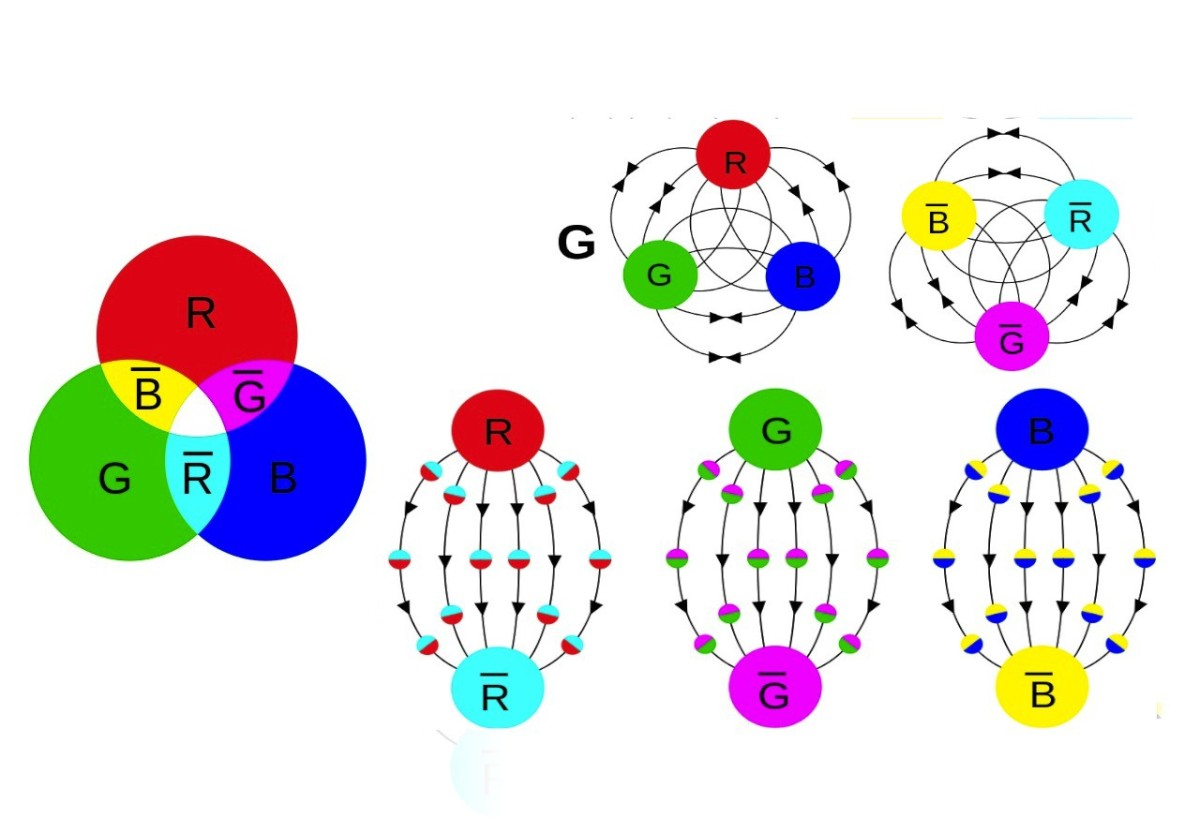-
X-Chromosome Inactivation: A Scientific Breakthrough
X-chromosome inactivation stands as a fascinating cellular phenomenon that predominantly occurs in females, where one of the two X chromosomes is silenced to prevent gene dosage imbalance with males, who carry only one.This crucial process, investigated by researchers such as Jeannie Lee at Harvard Medical School, has opened new doors in understanding genetic disorders linked…
-
Healthcare Apps for Cancer Patients: A New Era of Support
In the evolving landscape of modern medicine, healthcare apps for cancer patients have emerged as critical tools in managing their health journey.As cancer treatments become increasingly complex, these innovative digital health solutions provide personalized healthcare apps that cater to the specific needs of individuals undergoing challenging therapies.
-
Axion Quasiparticles: A Breakthrough in Dark Matter Research
Axion quasiparticles, a groundbreaking concept in modern physics, capture the imagination of researchers as they could offer answers to some of the universe’s greatest mysteries, particularly regarding dark matter.These elusive particles are theorized to play a crucial role in the cosmological makeup of the universe, representing one of the leading candidates in the quest to…
-
MicroRNA Discovery: Gary Ruvkun’s Nobel Journey
MicroRNA, a groundbreaking discovery made by researchers Gary Ruvkun and Victor Ambros in the early 1990s, has fundamentally altered our understanding of gene regulation.Their work, largely supported by NIH funding, initially went unnoticed but has since evolved into a pivotal area of RNA research that has garnered global attention.
-
Harvard Organ-on-a-Chip Research Faces Critical Challenges
At the forefront of innovative biomedical solutions, Harvard Organ-on-a-Chip Research is pioneering advancements that could revolutionize how we understand human health and disease.Led by the visionary Don Ingber at the Wyss Institute for Biologically Inspired Engineering, this groundbreaking research leverages organ-on-a-chip technology to model complex biological systems accurately and efficiently.
-
Organ-on-a-Chip Technology: Facing Funding Challenges Ahead
Organ-on-a-chip technology represents a groundbreaking advance in the field of biologically inspired engineering, offering a novel way to model human organ responses to various stimuli in a controlled environment.Developed at the Harvard Wyss Institute, this technology allows researchers to closely observe the effects of radiation exposure on human tissues, making it particularly relevant in today’s…
-
Gary Ruvkun MicroRNA Research: From Discovery to Nobel Prize
Gary Ruvkun’s groundbreaking research on microRNA has revolutionized our understanding of gene regulation, particularly in the model organism C.elegans.
-
Axions: A Key to Unlocking Dark Matter Mysteries
Axions are a fascinating topic in the field of particle physics, posited as a potential solution to the enigma of dark matter, which makes up a staggering 85% of the universe’s mass.Researchers have long theorized that these elusive particles could account for the mysterious forces governing the cosmos.
